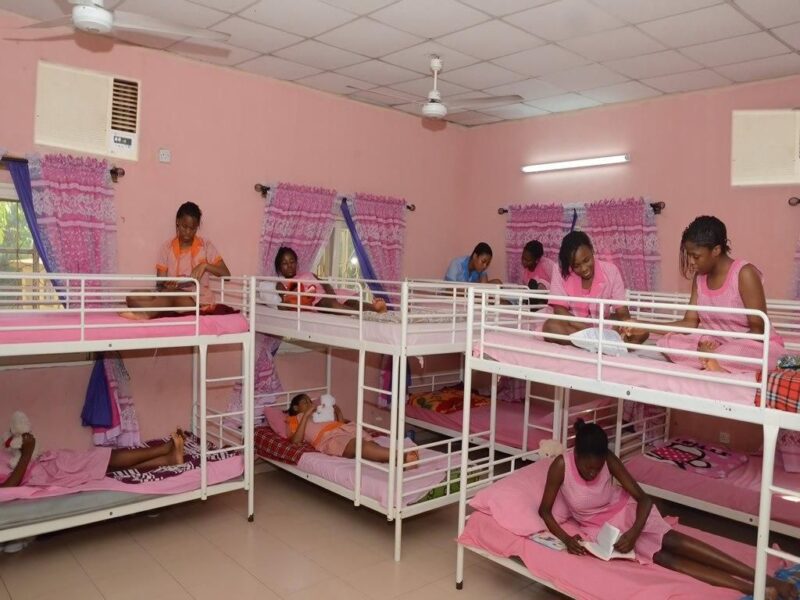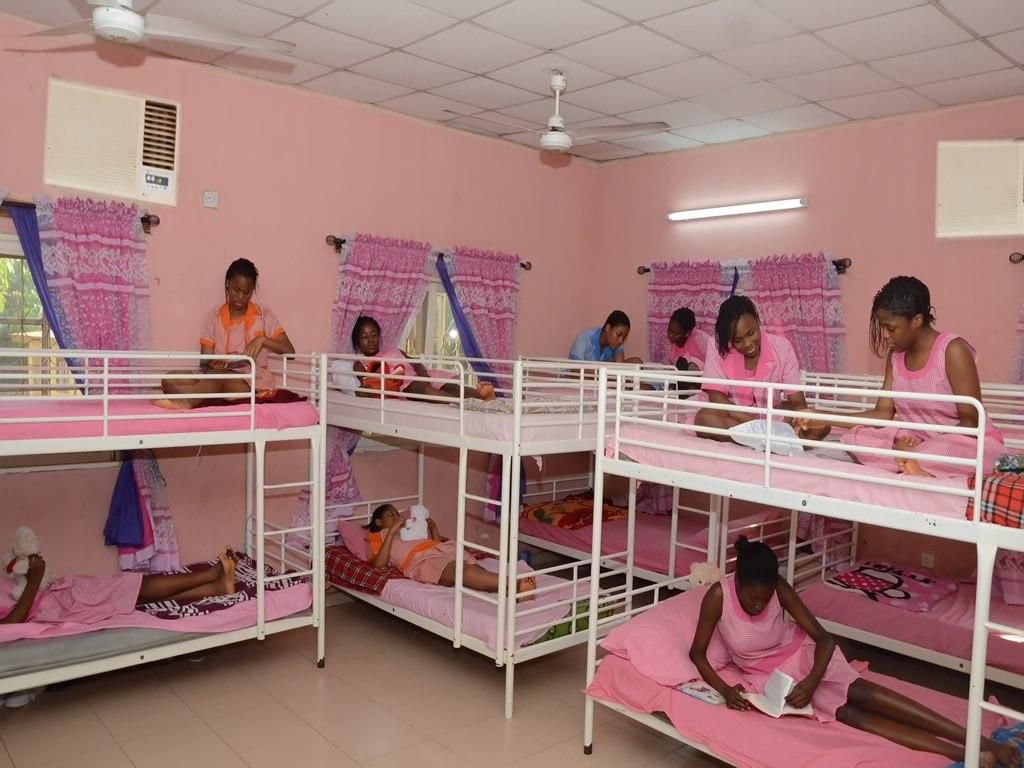Families now expect frequent updates, clear duty of care, and quick responses when problems arise.
Schools and private hostels are meeting those demands by improving security, upgrading food and health practices, and using technology to keep parents connected.
The result is a move away from opaque rules toward transparent routines that reassure families and support students.
RECOMMENDED: 5 foods most boarding school kids can relate with
This piece examines the changes boarding houses have implemented and what parents should consider before committing, so children can live safely and thrive away from home.
1. Parents calling the shots
Modern parents prefer involvement over hands-off approaches. Many guardians join parent groups and expect formal visiting and complaints procedures.
After school disruptions during COVID-19, families kept closer tabs on learning and welfare, and now demand the same level of communication from residential providers.
That pressure has encouraged schools to publish clearer policies and to set up regular briefings where parents can ask questions and verify how care is delivered.
2. Tech and transparency are now normal
WhatsApp groups, school portals, and visitor logs are common tools for sharing day-to-day updates. Where budgets allow, CCTV in public spaces and online sign-in systems help manage visitors.
These tools let house staff share menus, medical logs, and incident reports quickly, so parents see evidence, not just promises. Portals that track fees, permissions, and health records reduce paperwork and make it easier to follow what happens in the house.
3. Food, health, and daily routines have improved
Nutrition and hygiene are higher priorities for families and operators. Menus are being revised to include more variety and clearer ingredient labels, and some houses now cater to allergies and religious diets.
Schools with clinics keep routine records and communicate health incidents quickly. Regular cleaning schedules and better sourcing of supplies are becoming part of how reputable boarding houses operate.
EXPLORE: Pros and Cons of enrolling your child in a Boarding school
4. Pastoral care is moving away from harsh discipline
Many houses now favour counselling, mentoring, and rules-based behaviour plans over corporal punishment. That does not mean there is no discipline.
Instead, behaviour management is documented, and parents can see what interventions were used and how progress is measured. This approach responds to public scrutiny and gives parents confidence that issues are handled fairly and professionally.
5. New business models meet parent demand
Operators are creating flexible stay options, parent packages, and premium services that include regular video check-ins or upgraded meal plans.
Campus pop-ups during admission season and faster onboarding make registration less chaotic. These offerings help houses meet parental expectations while creating new revenue streams that fund higher standards.
Boarding in Nigeria is evolving from secrecy to visible care, and the best houses are those that combine clear rules, modern tools, and genuine compassion so students grow in safety and confidence.
ALSO READ: How Nigerian parents use land ownership as an education savings plan









